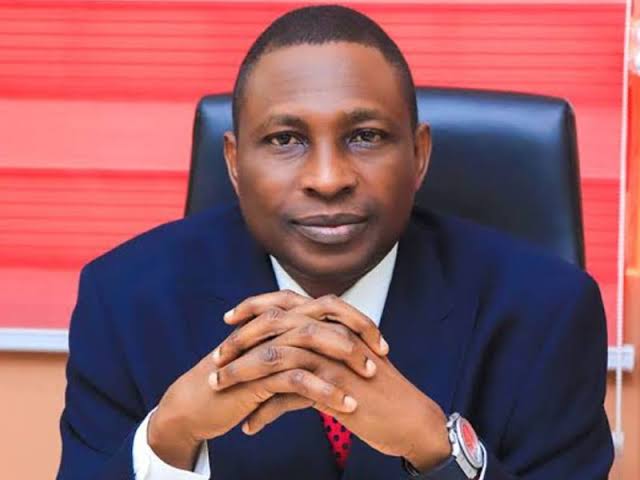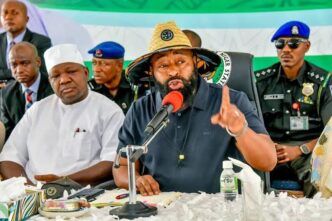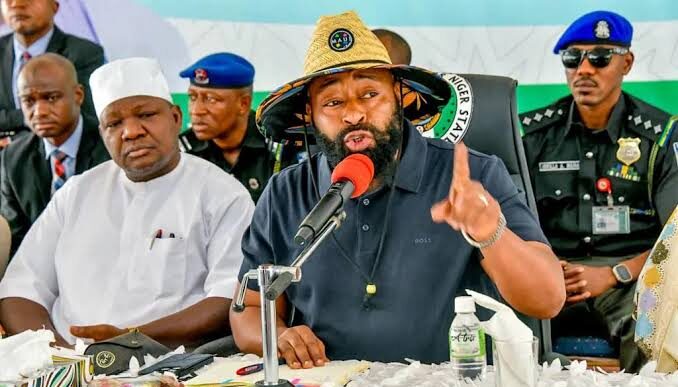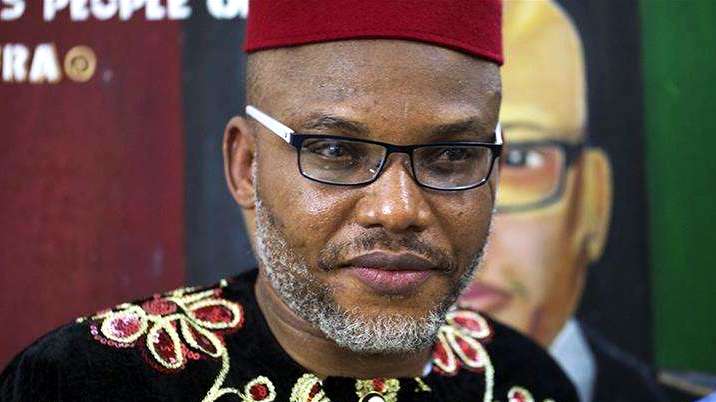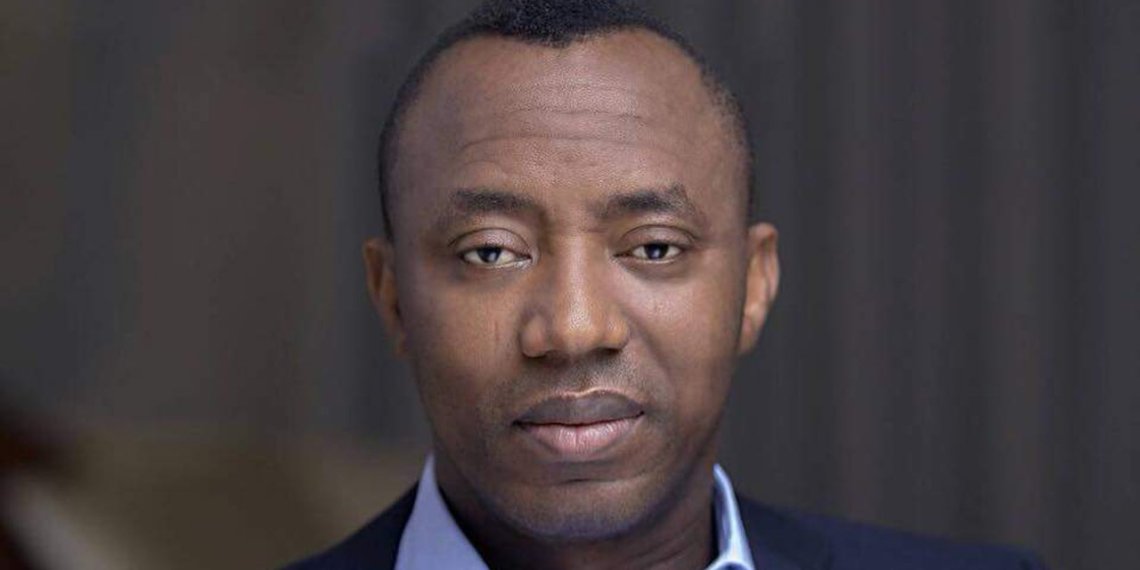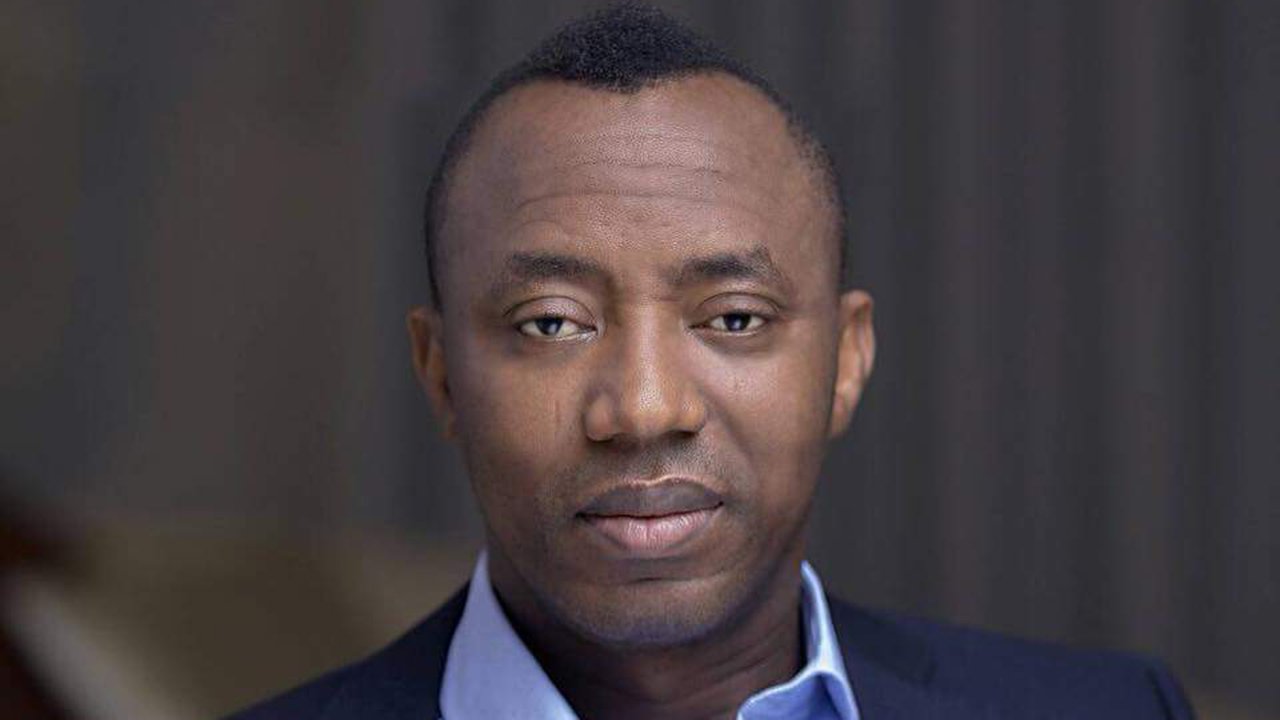The Economic and Financial Crimes Commission (EFCC) says it has recovered ₦566.3 billion, $411.6 million, and 1,502 properties from proceeds of financial and economic crimes over the past two years under the leadership of its Executive Chairman, Ola Olukoyede.
Gatekeepers News reports that Olukoyede disclosed this on Thursday while briefing journalists at the Commission’s headquarters in Abuja as part of activities marking his second anniversary in office. The details were also shared in a statement on the EFCC’s official X page.
According to him, between October 2023 and September 2025, the Commission received 19,000 petitions, conducted 29,240 investigations, filed 10,525 cases in court, and secured 7,503 convictions.
“Under my leadership, the Commission has made unprecedented progress in the fight against economic and financial crimes in the last two years by recovering over ₦566 billion alongside other currencies and assets,” Olukoyede said.
The EFCC statement further detailed that the Commission recovered ₦566,319,820,343.40, $411,566,192.32, £71,306.25, €182,877.10, and other foreign currencies within the review period.
Out of the 1,502 non-monetary assets recovered, 402 were seized in 2023, 975 in 2024, and 125 so far in 2025. The recovered assets include 753 duplexes in Lokogoma, Abuja, and Nok University in Kaduna State, which has since been renamed the Federal University of Applied Sciences, Kachia.
Olukoyede said part of the recovered funds has been reinvested in national programmes such as the Students Loan Scheme and the Consumer Credit Scheme, with a total of ₦100 billion allocated to these initiatives.
He also revealed that several government institutions — including the Niger Delta Development Commission (NDDC), Asset Management Corporation of Nigeria (AMCON), Federal Inland Revenue Service (FIRS), and National Health Insurance Authority (NHIA) — have benefited from the return of recovered funds.
“We are ensuring that recovered proceeds of crime are not just warehoused but reinjected into productive sectors that directly impact citizens,” the EFCC chairman added.
The Commission also cited several ongoing and concluded prosecutions involving former public officials, including ex-governors Willie Obiano, Abdulfatah Ahmed, Darius Ishaku, Theodore Orji, and Yahaya Bello, as well as former ministers Olu Agunloye, Mamman Saleh, Hadi Sirika, Charles Ugwu, and ex-CBN governor Godwin Emefiele.
In December 2024, the EFCC arrested 792 suspects linked to investment and cryptocurrency-related fraud in Lagos, including 192 foreigners who were later prosecuted and deported.
Olukoyede added that the Commission has reopened several high-profile corruption cases and established a Task Force on Naira Abuse and Dollarisation of the Economy to tackle illicit currency practices nationwide.
“The EFCC remains resolute in protecting Nigeria’s financial integrity and ensuring that economic crimes do not undermine national development,” he said.

